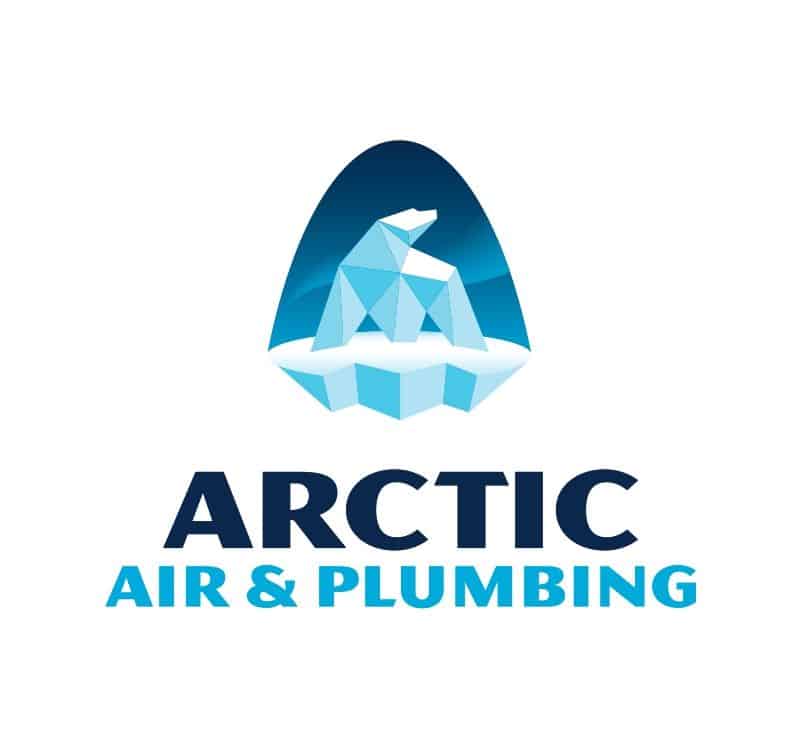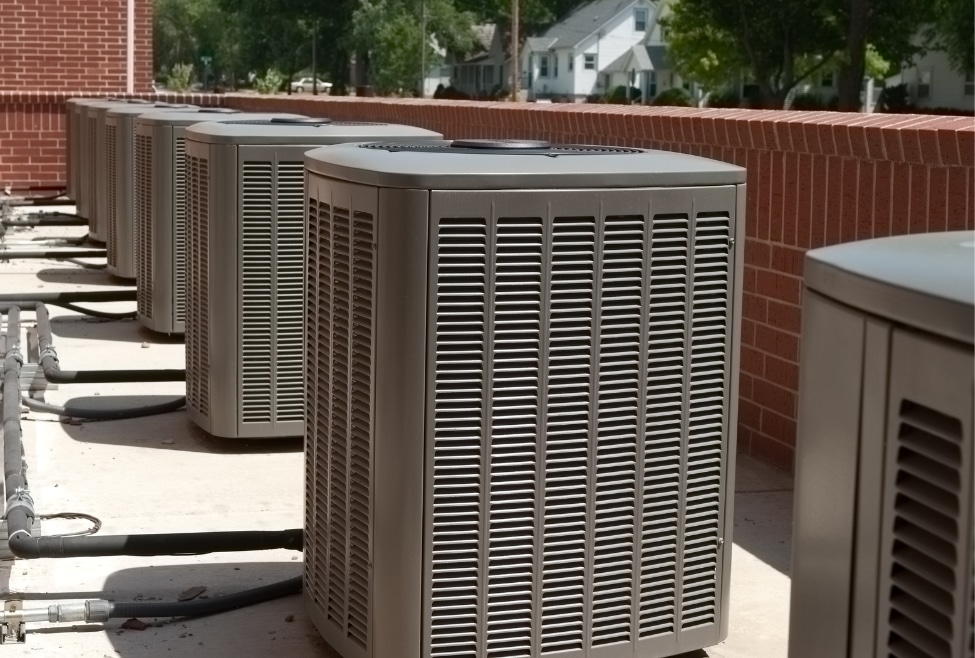Is HVAC System Cost Tax Deductible?
Understanding HVAC Tax Deductions
Investing in a new heating or cooling system can be a significant expense for homeowners, so it’s natural to wonder: Is HVAC system cost tax deductible? Many property owners search for ways to offset installation costs while improving home efficiency. Understanding the rules around tax deductions and credits for HVAC systems can help you make smart decisions for your home or business.
What Expenses Qualify for Tax Deductions?
Generally, standard HVAC installation and replacement costs are not fully deductible as personal expenses. However, certain energy-efficient upgrades may qualify for federal tax credits. For instance, installing a high-efficiency air conditioner, furnace, or ductless mini-split system could make you eligible for the Residential Energy Efficient Property Credit. This credit may cover a portion of the cost, helping reduce your overall tax liability.
It’s important to note that commercial properties may have different rules. Business owners can sometimes write off the full cost of a new HVAC system as a business expense under IRS Section 179. For detailed guidance, it’s always best to consult a tax professional to see how these rules apply to your specific situation.
Energy Efficiency Matters
The type of HVAC system you install can influence your eligibility for tax incentives. Systems with higher SEER ratings, Energy Star-certified units, or eco-friendly refrigerants often qualify for the most benefits. By choosing energy-efficient furnace, air conditioning, or heat pump installations, you not only reduce your energy bills but also maximize potential tax credits.
At Arctic Air, we specialize in providing professional HVAC services across Palmdale, Lancaster, Quartz Hill, Rosamond, Acton, and Tehachapi.
Our team handles everything from HVAC installation, replacement, repairs, and maintenance, ensuring your system runs efficiently and is eligible for any applicable energy incentives.
Making Your Investment Work for You
Even if a full tax deduction isn’t available, installing an energy-efficient HVAC system can still be a smart financial choice. You’ll benefit from lower utility bills, improved home comfort, and potential incentives that can offset some of the installation costs. With professional installation from Arctic Air, you’ll also ensure your system runs efficiently for years to come.
Explore your options for energy-efficient HVAC installation with Arctic Air. Contact us today to schedule a consultation and see if your new system qualifies for tax credits or energy incentives in Palmdale, Lancaster, Quartz Hill, Pearblossom, Littlerock, or Mojave.
FAQs
How much does it cost to install an HVAC system?
The cost to install a new HVAC system can vary depending on the size of your home, the type of system, and energy efficiency features. On average, a standard residential HVAC installation can range from $4,000 to $12,000, with high-efficiency units potentially costing more. Upgrading to Energy Star-certified systems can also make you eligible for tax credits or energy incentives.
How much does an average HVAC job cost?
An average HVAC installation or replacement job typically costs between $5,000 and $10,000. The price includes labor, equipment, ductwork modifications, and optional energy-efficient features. The exact cost depends on the system type—such as furnaces, heat pumps, or central air conditioners—and the overall complexity of the installation.
How much is an HVAC system for a 2000 square-foot home?
For a 2,000 sq. ft. home, the cost of a complete HVAC system, including installation, usually ranges from $6,000 to $12,000. Choosing higher SEER-rated air conditioners or high-efficiency furnaces may increase the upfront cost but can lower long-term energy bills and potentially qualify for federal tax credits.
How do I claim my new HVAC on taxes?
To claim your HVAC system on taxes, you’ll typically need to meet IRS requirements for energy-efficient upgrades. Certain high-efficiency air conditioners, heat pumps, or furnaces may qualify for the Residential Energy Efficient Property Credit. Keep receipts, manufacturer certifications, and installation details to properly document your tax claim. Always consult a tax professional for accurate guidance.
How do I find a qualified HVAC installer?
Look for licensed, insured, and experienced HVAC contractors with strong local reviews. Professional companies like Arctic Air provide comprehensive installation, maintenance, and replacement services while ensuring compliance with energy efficiency standards. Verify references, certifications, and energy program eligibility to choose the best installer for your home.
If you’re considering a new HVAC system and want to maximize energy efficiency or potential tax benefits, contact Arctic Air today to schedule a consultation in Palmdale, Lancaster, Quartz Hill, Rosamond, Acton, or Tehachapi.


